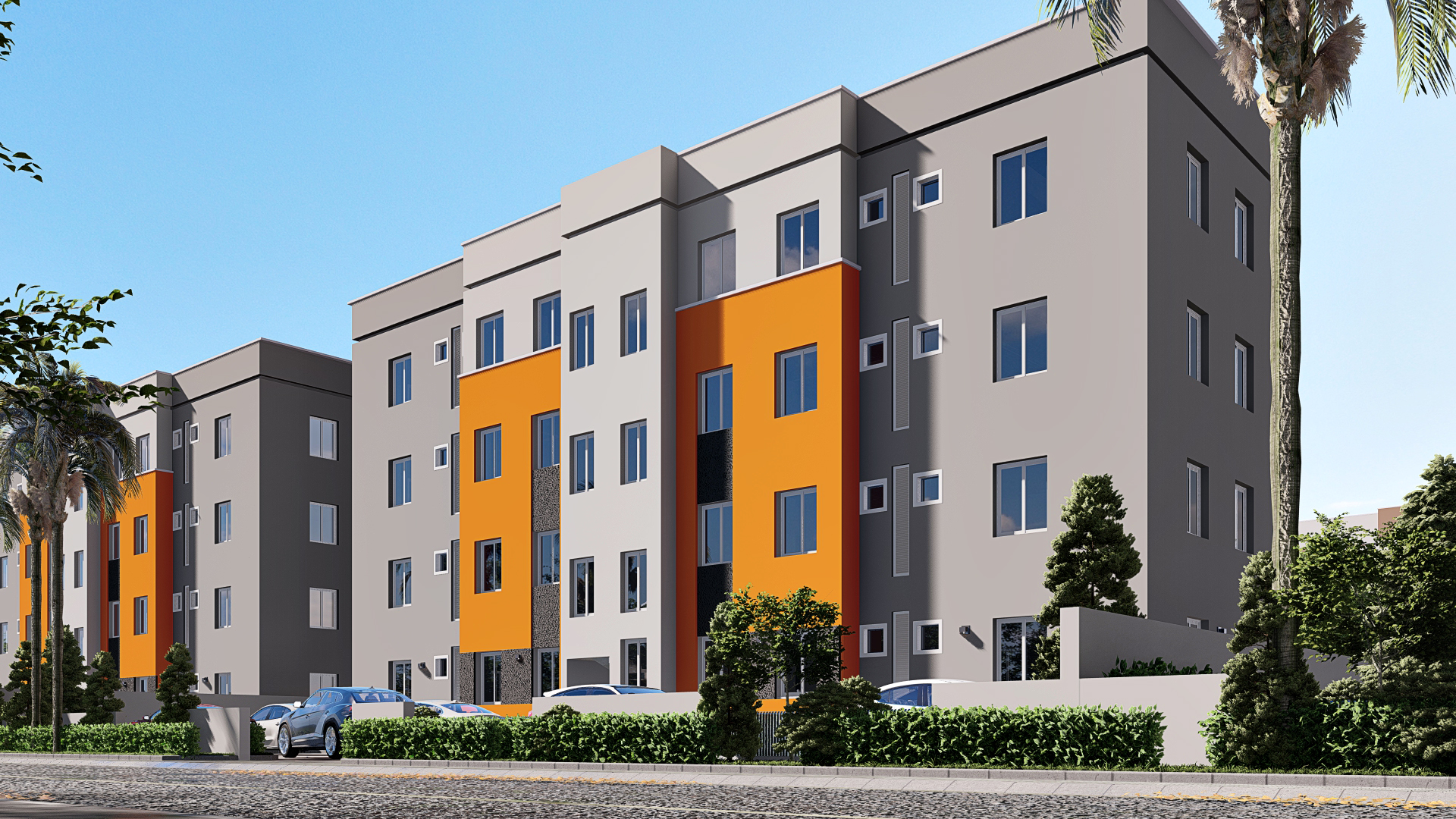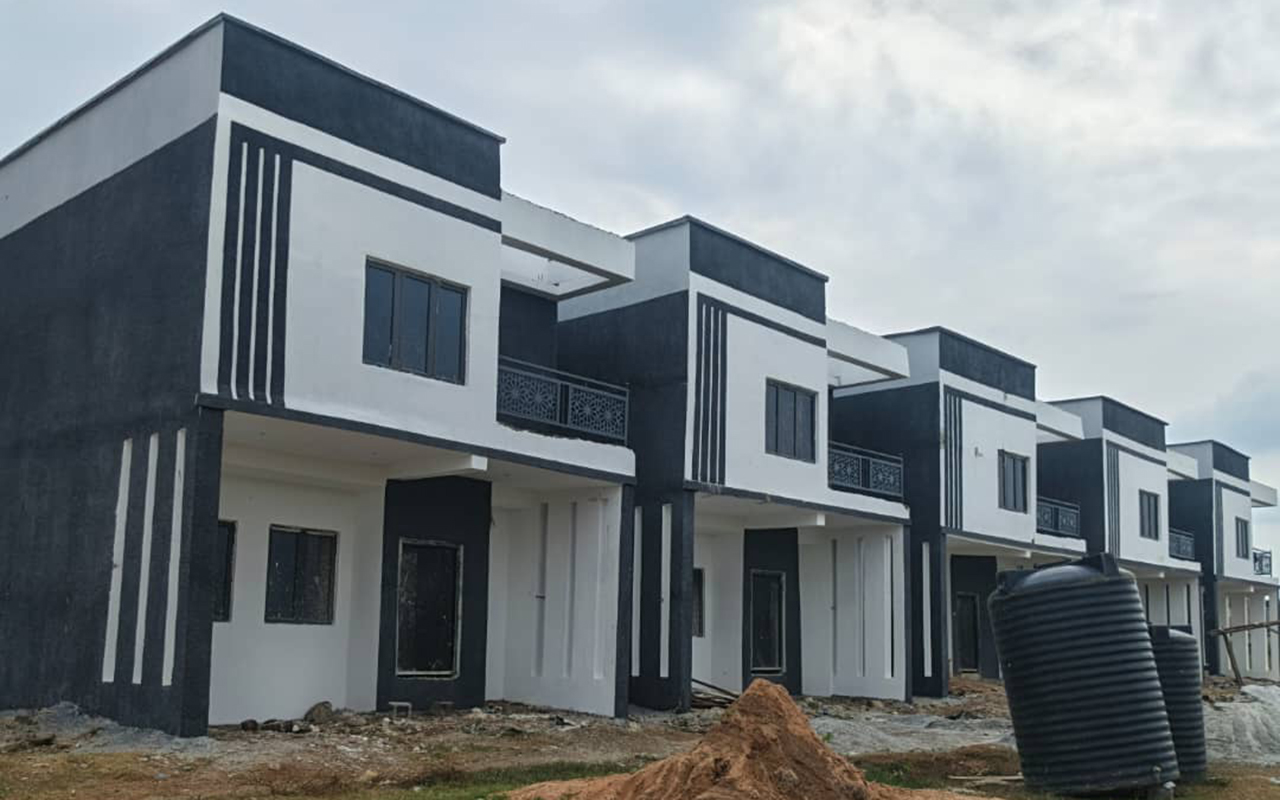 Eggheads in the housing industry have stated that effective land management strategies are essential to protect the country’s diverse ecosystems and ensure natural resources are used responsibly.
Eggheads in the housing industry have stated that effective land management strategies are essential to protect the country’s diverse ecosystems and ensure natural resources are used responsibly.
They said the current land market lacks structure and is highly fragmented with various players trading outside government oversight and regulation, which creates room for massive land disputes.
The experts spoke at the second edition of the International Conference and Fair on Land and Development at the University of Lagos organised by the Centre for Housing and Sustainable Development (CHSD), themed, ’Sustainable Land Management for Inclusive Development in African Cities.’
The Chairman of the Ministerial Land Reform Task Team, Dr Ugochukwu Chime, who set the tone, noted that the Gross Domestic Product (GDP) of the country and subnationals have been severely constrained and capped by the current land administration policies and practices.
According to him, Nigeria has over $300 billion in dead capital, which is over 60 per cent of the country’s GDP, while various efforts to amend the Land Use Act (LUA) 1978 have failed due to fears and concerns about its impact on various interests.
Chime said there are no established formal markets in Nigeria wherein land is traded both as an asset and a securitised commodity. “Many laudable programmes and projects in various sectors like agriculture and housing have been severely and adversely affected and/or thwarted by the outdated, inefficient and opaque land administration in Nigeria,” he said.
Factors responsible for the failure of the various attempts at remedying the identified and emerging challenges to ensuring efficient land management policies and practices include a lack of political will amongst the leadership at national, sub-national and Ministries, Departments and Agencies (MDAs).
Others are weak institutional framework at the state level, and huge initial cost needed to embark on the establishment of an Electronic Geographical Information System (EGIS), corruption and resistance to change by beneficiaries of the status of land management, as well as poor legal infrastructure and costly, tortuous and lengthy legal process for adjudication on land disputes.
Strategies for improving land management listed by Chime, include the establishment of a national mortgage register for titles that can be verified in terms of the coordinates, domestication of the Model Mortgage and Foreclosure Law (MMFL) across the states of the federation and the FCT, as well as to improving and standardising the LUA.
Earlier, the Vice Chancellor, Prof Folasade Ogunsola, said the rapid urbanisation and population growth that characterise African cities have placed enormous pressure on land resources. “Land disputes, informal settlements, and inadequate infrastructure have become commonplace, hindering our progress towards inclusive and sustainable development,” she said.
In recent years, Ogunsola said, the university faculty and researchers have been engaged in groundbreaking research in land use patterns, urban planning, environmental impact assessments, and climate change adaptation. “The university makes a significant contribution to sustainable land management in Africa by leveraging its academic expertise, research capabilities, and strong network of partners. UNILAG remains committed to providing innovative solutions and achieving positive changes as the continent continues to urbanise and face increasing environmental pressures,” she added.
The Director of CHSD UNILAG, Prof. Timothy Nubi, said the top 10 countries by real estate value—China, the USA, Japan, Germany, and others—share a common denominator: a robust and efficient land tenure system. “These systems have enabled these nations to harness the full potential of their real estate sectors, driving sustained economic growth and urban development.
He said: “Africa must chart a similar path by addressing the challenges of land ownership, property rights, and inclusive urban planning.”
Nubi explained that the conference is a platform for action. “It brings together policymakers, academics, industry leaders, and urban planners to explore innovative solutions for sustainable land management in African cities. By bridging the gap between ‘town and gown,’ it aims to foster collaboration and co-produce actionable strategies for addressing the continent’s pressing urban and land management challenges.”






